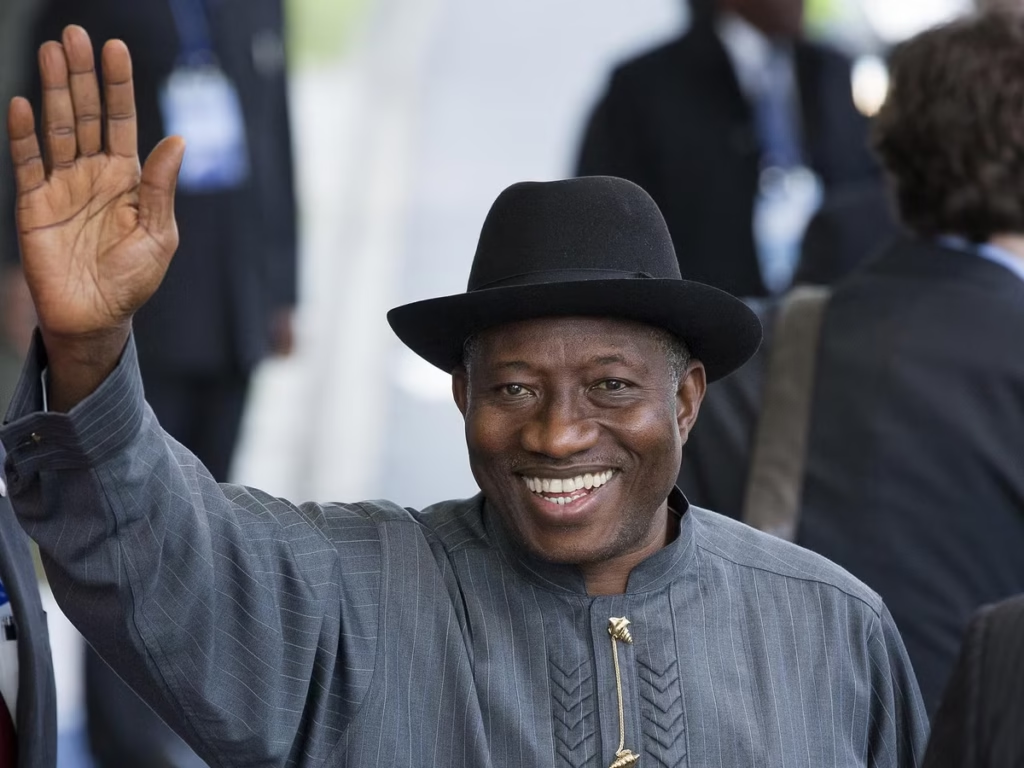
A constitutional debate over presidential term limits has been reignited as a new lawsuit seeks to legally bar former President Goodluck Jonathan from seeking the nation’s highest office again in 2027. The suit, filed at the Federal High Court in Abuja, argues that Jonathan has already exhausted his eligibility, setting the stage for a landmark judicial interpretation.
The legal action, filed by Abuja-based lawyer Johnmary Chukwukasi Jideobi, hinges on a specific constitutional provision: Section 137(3). This clause states that a person who was sworn in to complete the term of another president cannot be elected to the office more than once.
Jideobi’s argument centres on Jonathan’s political history. He served the remainder of President Umaru Musa Yar’Adua’s term after his death in 2010 and was then elected for a full term in 2011. The plaintiff contends that allowing Jonathan to run and win in 2027 would result in a third oath of office, which he claims violates the constitution’s intent to prevent extended tenures.
“If the former president is allowed to contest and wins, he would be taking the oath of office as president for the third time, contrary to constitutional intent,” Jideobi stated in the court documents. He described the suit as a necessary measure to “preserve the integrity of Nigeria’s constitutional order.”
The suit, which lists the Independent National Electoral Commission (INEC) and the Attorney General of the Federation (AGF) as defendants, requests several orders from the court. These include a perpetual injunction to stop Jonathan from presenting himself for nomination and directives to INEC to reject his candidacy and to the AGF to enforce the court’s ruling.
This legal provision was a key addition to the 1999 Constitution following the Fourth Alteration in 2018, aimed at clarifying term limits in the wake of the Yar’Adua-Jonathan transition.
If the Federal High Court rules in the plaintiff’s favour, the decision would establish a major precedent for how the two-term limit applies to leaders who first assumed office mid-term. No date has yet been set for the hearing of the case.






More Stories
EU Reaffirms Support for Credible, Inclusive Anambra Governorship Election
China Articulates a Global South Vision for Fairer Governance
China Deepens Economic Footprint in Nigeria as Bilateral Trade Nears $22 Billion